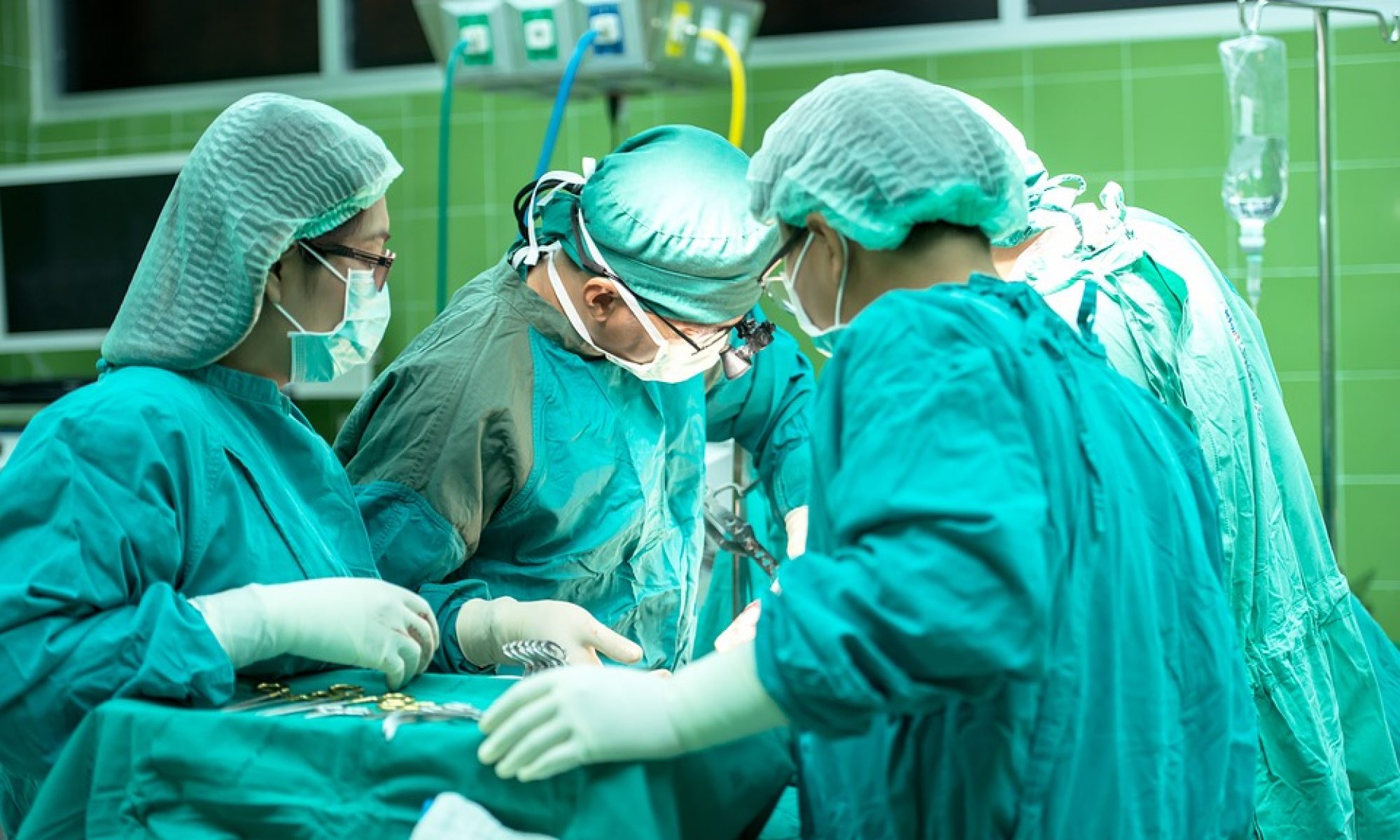Bloomberg L.P.
Royal Philips NV is ramping up production of ventilators to double output within the next eight weeks and is targeting a four-fold increase by the third quarter to meet demand from hospitals overwhelmed by patients suffering from the coronavirus.
The most-needed products are vital signs monitors, portable ventilators and medical equipment to treat a range of respiratory conditions, the Dutch company said in a statement late Sunday.
It’s hiring more employees, adding lines and increasing shifts to ensure manufacturing continues around the clock.
The health-tech company sees a demand much larger than capacity, even though it sees a negative impact on overall results through the year’s first half.
With countries in desperate need for ventilators, it’s making choices: It favors places that have demand because hospitals are confronted with many coronavirus patients — so-called category 3 and 4 regions — over countries that are proactively building up stock in case Covid-19 escalates there, Chief Executive Officer Frans van Houten said in a phone interview.
It first delivered to China, then Italy, and now Switzerland, France, Spain, New York, meanwhile increasing production generally “to try to keep pace with the development of the outbreak.”
Germany called for help from its car makers, like Volkswagen AG, which had shut down factories to shift production to ventilators and masks. Ferrari NV and Fiat Chrysler Automobiles NV are in talks with Italy’s biggest ventilator manufacturer to help boost its output.
Also Philips’s rival Medtronic Plc might have found common cause with a car maker. Elton Musk, head of Tesla Inc., who initially downplayed the risks posed by the virus, tweeted Saturday that he had talked with the Dublin-based manufacturer about making ventilators.
Van Houten stressed it might be most productive to work with companies that already have experience with medical equipment and their supply chains. The issue of the machines’ components is crucial.
In some countries there is an issue of labor: Many factories are shut, with countries in lock-down, employees ordered to stay home and transport halted.
“All governments currently want to have their own factory, which is almost impossible,” he said. “Even if you have a production line, you are still a long way off; it is all about getting all those components on time. That is why we also call for governments to give room to all those suppliers to produce.”
The Dutch company, for example, had to step in to help a small supplier in the Philippines, which is in full lock-down, to obtain government approval to make a sensor Philips needs for its ventilator. It’s one of the hundreds of suppliers which all need to supply components for the firm’s medical equipment.
He stressed that car makers were not the only option.
“We will look at all proposals,” Van Houten said. “But we ourselves think that we can greatly expand our own production lines, and we are also working with so-called contract manufacturers, because they are specialized in doing production for others.”
“They can get those components more easily,” he said. “I think that’s more likely to succeed than firms that have never made a medical device.”
Philips manufactures globally with final assembly sites in North America, Europe and Asia and a network of certified materials and component suppliers. Its factories in China are running above 80% capacity again, it recently said.
Still, the Amsterdam-based company sees a negative impact from the virus in the first half as the outbreak has cut demand for Philips’ consumer goods and hampered global supply chains. The company repeated it can’t quantify the magnitude and duration of the impact.
(Updates with CEO comments from third paragraph)
For more articles like this, please visit us at bloomberg.com
©2020 Bloomberg L.P.

